3 reasons the Apple Vision Pro will suck at gaming, according to leaks
The Vision Pro isn't ideal for gaming, but Apple likely knows that
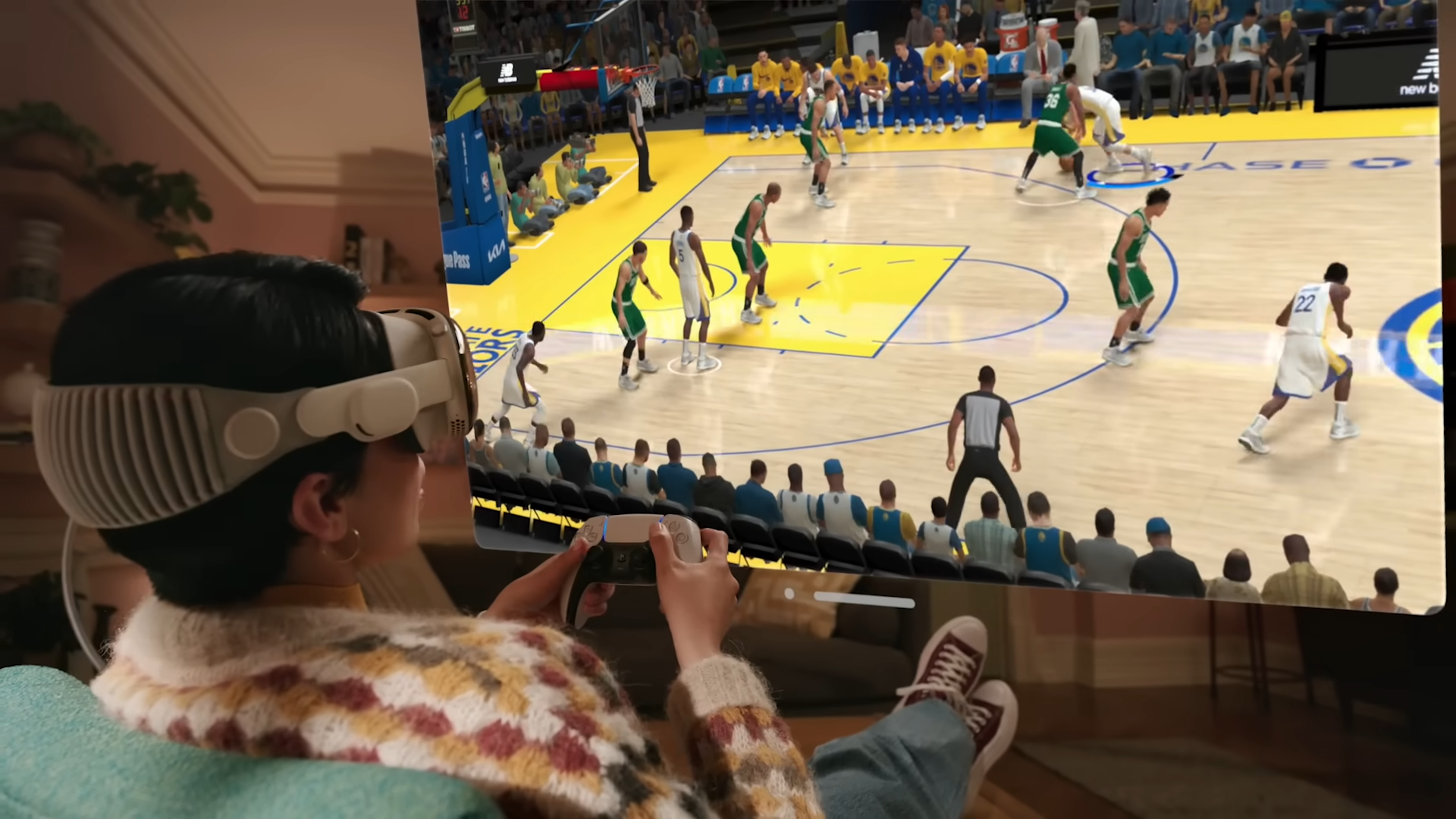
Stay with me here, dear reader, as this intro will be verbose, but I promise you it will all tie into Apple Vision Pro's fate as a VR gaming device. Last week, I was invited to check out Virsona's new social gaming experience in Manhattan. How it works is that up to 12 friends can sit in these luxe portals with tiered, comfortable seating, and before them lies a handful of monitors where several games — from Mario Kart to NBA 2K23 — can run simultaneously.
So while playing Super Smash Bros. with TechRadar's Allisa James in the social-gaming portal, another gaggle of gamers were playing WWE 2K23. The laughter, excitement, and jovial energy that flooded the room while we watched Luigi and Rhea Ripley knock everyone out was ineffable.
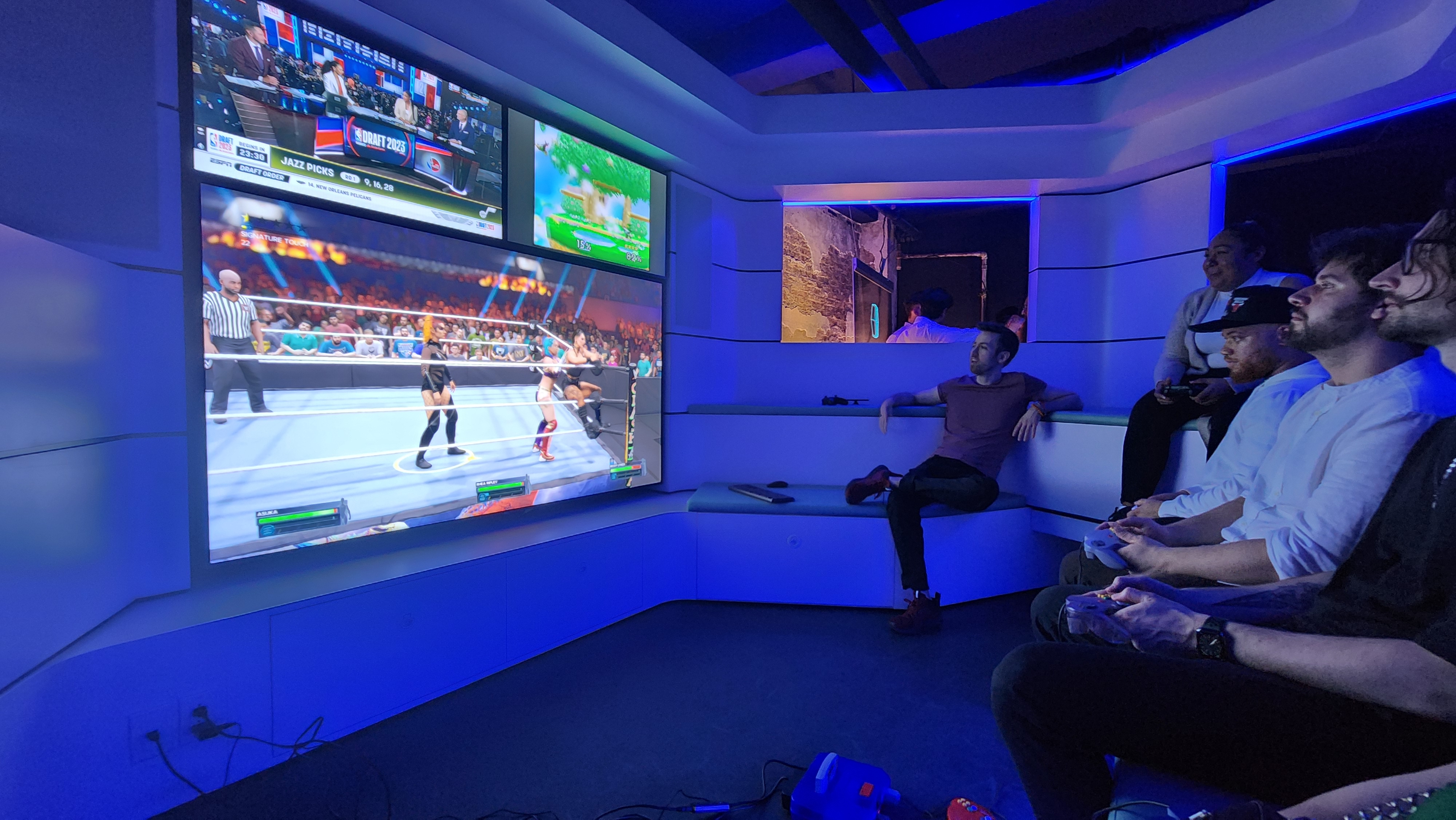
This in-person social gaming experience is just a concept for now (Virsona is poised to debut a brick-and-mortar location for the social-gaming portals in 2024, designed by architecture and design firm Gensler), but it helped give me some insight into why VR adoption has been unexpectedly slow: the world is growing tired of isolated gaming experiences.
The Meta Quest 2 made bank during the pandemic because people wanted to escape the suffocation of lockdown, allowing users to meet other Quest owners in immersive, simulated vast worlds that were a perfect foil to their claustrophobic living rooms. In fact, VR headsets in general had impressive sales figures in 2021, but in 2022, shipments dropped year-over-year by 12%. And this year's sales isn't expected to be any better due to consumers' tightened budgets and oppressive inflation.
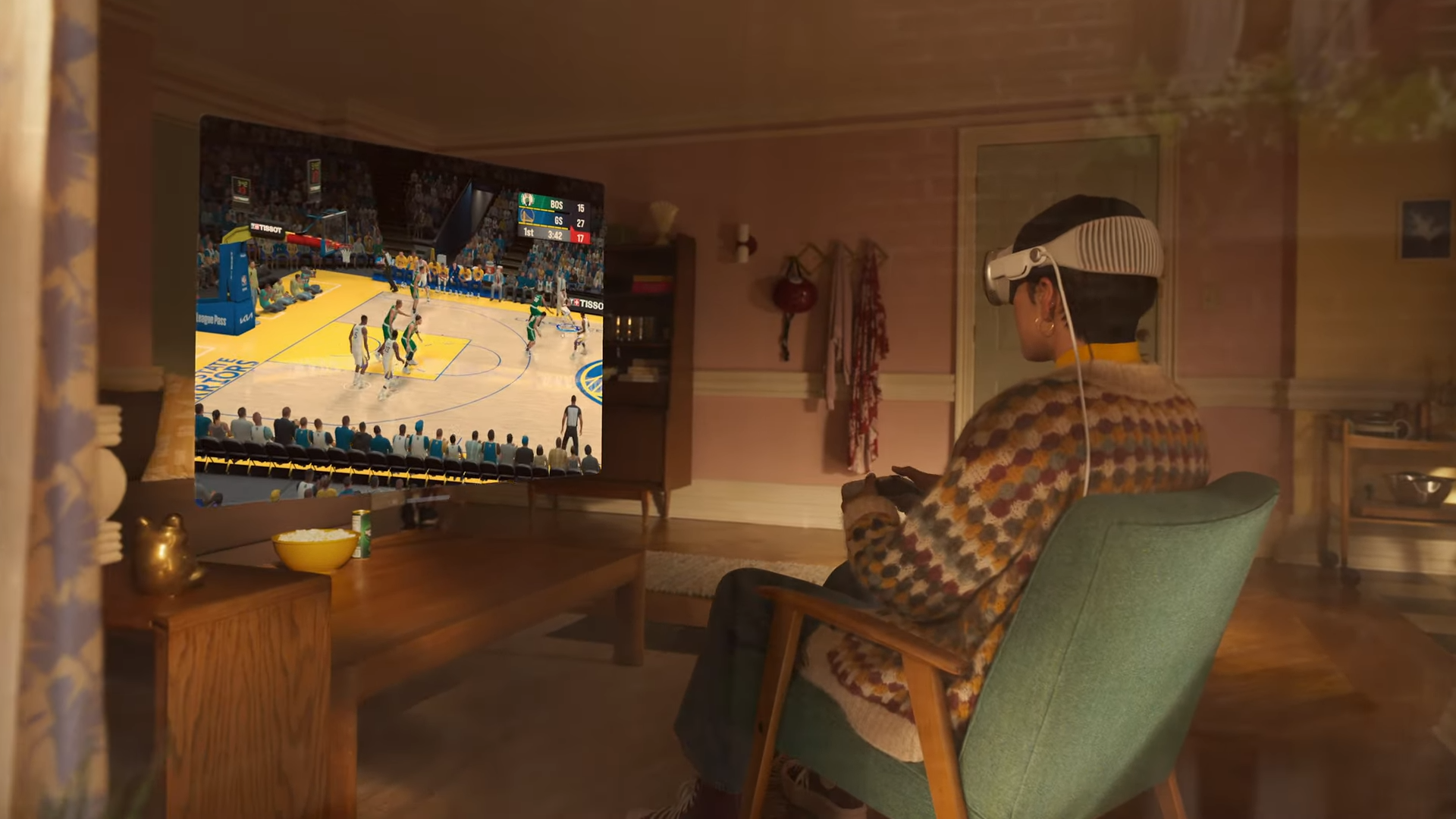
Enter the Apple Vision Pro, which made its debut at WWDC 2023, and I thought, "If any company can reinvigorate interest in VR gaming, it'd be Apple." However, after watching people gush over Virsona's in-person social-gaming experience (an indication that people are growing fatigued of VR's unconnected, detached and alienating immersion), capturing the gaming niche may be more difficult for Apple than I thought. And according to the following leaked reports, the Cupertino-based giant appears to be well aware the Vision Pro will suck for gaming.
1. Hand tracking is good, but not THAT good
Among those who were lucky enough to demo the Apple Vision Pro, hand tracking was one of the most praised features on the headset. Pinching your fingers together lets you select virtual artifacts inside visionOS (the name of the Vision Pro's operating system). To scroll, you can simply keep your fingers pinched while flicking your wrists upward or downward.
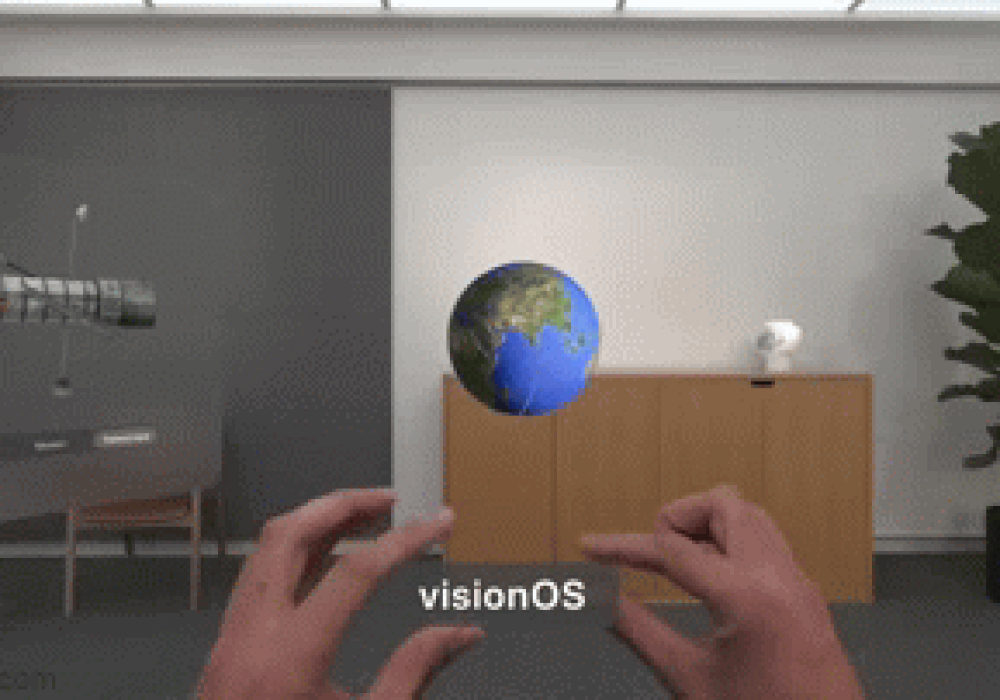
This is all made possible by the six external cameras (there are 12 in total) that track hand gestures as well as the users' surroundings. Many tech journalists and influencers claimed that the Vision Pro has the best hand tracking of any headset ever. And I believe them.
Sign up to receive The Snapshot, a free special dispatch from Laptop Mag, in your inbox.
However, according to a report from The Information, even though the Vision Pro's hand tracking is superior to the current offerings in the VR market, it's still not good enough to handle the fast-paced demands of VR gaming. This rumor comes from a leaked Slack message from an Apple engineer.
"An Apple engineer wrote that while hand tracking was great for performing gestures, providing visual feedback and some finer interaction tasks, it wasn't the best choice for tasks that required very precise interactions, something that is crucial for gaming," The Information said.
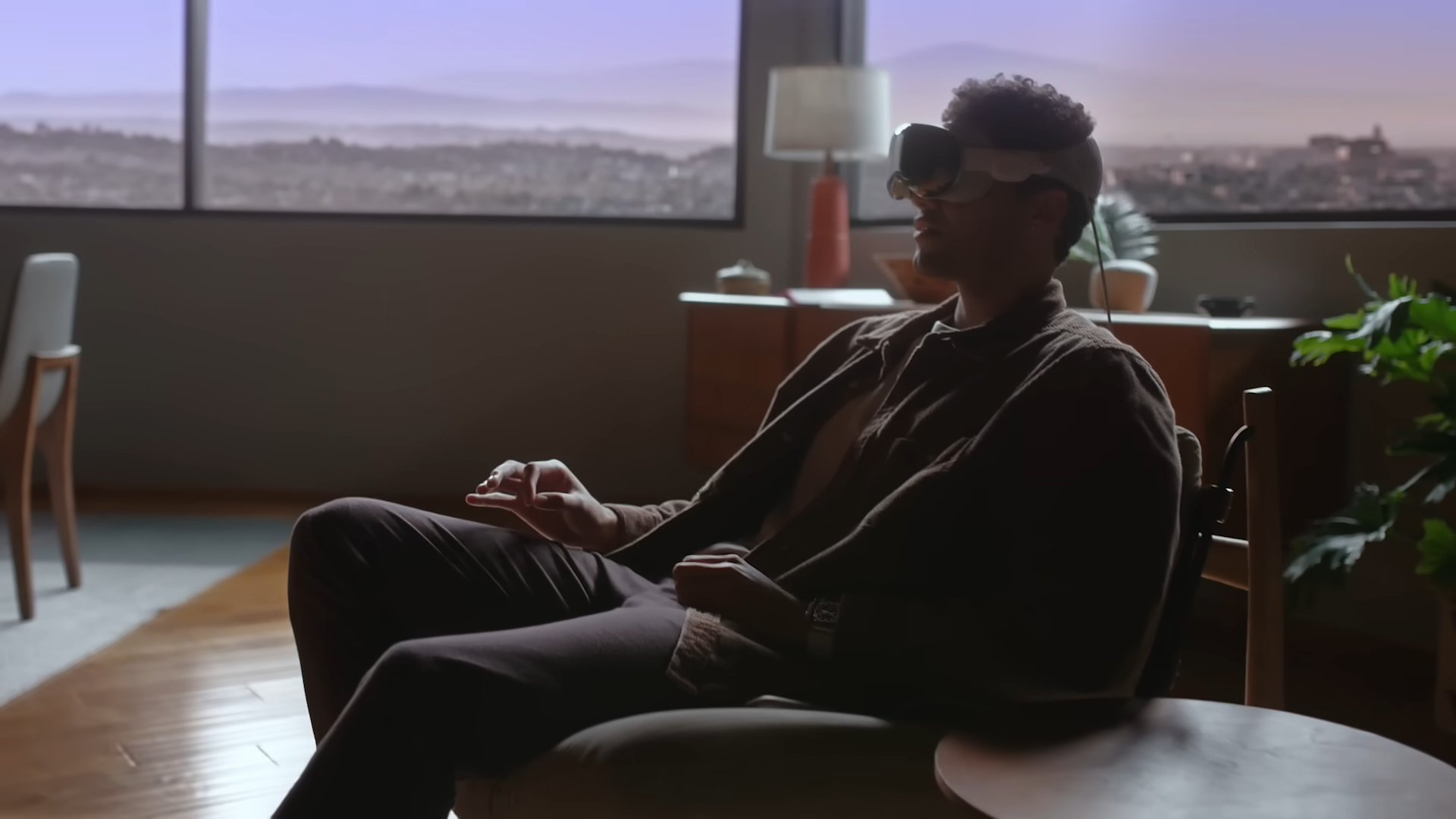
In other words, the Apple Vision Pro's hand tracking is good. It's just not that good, particularly when it comes to action-packed VR games. Plus, without controllers (and haptics), I can't help but wonder how the Vision Pro will support first-person shooters.
2. It may be too fragile
It looks like the Apple Vision Pro is best for more laid-back experiences, whether you're surfing through Safari, taking FaceTime calls, watching an Apple TV+ movie on the plane, or playing Alto's Odyssey from the Apple Arcade app. However, when it comes to tasks that require zippier, more erratic actions, the Vision Pro isn't ideal.
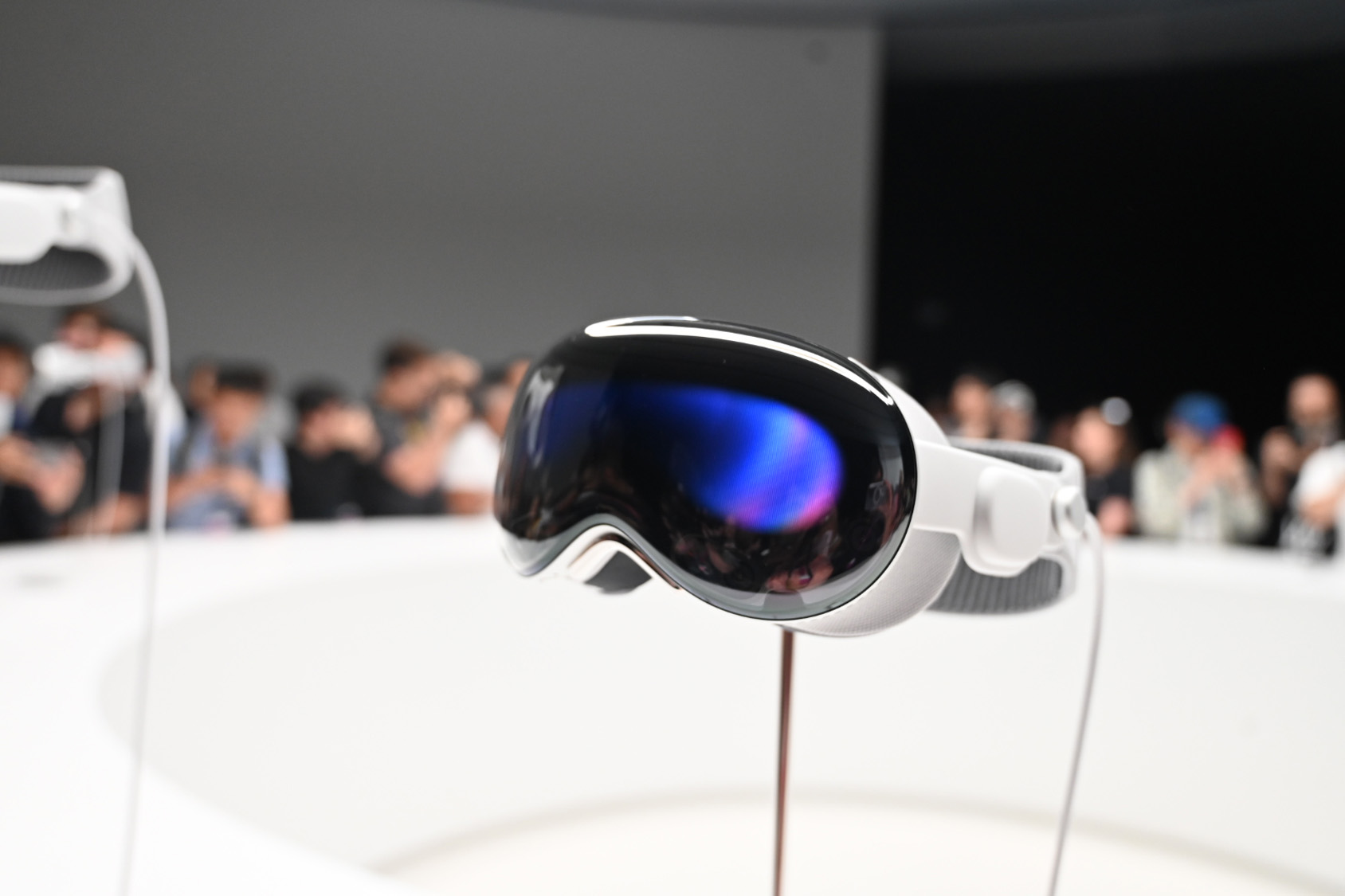
According to The Information, there's a reason why the Cupertino-based tech giant shied away from positioning the Vision Pro device as anything that promotes high-movement activities (e.g., fitness and action-packed gaming). Former team members of the Apple Vision Pro said that Apple decided against advertising the Vision Pro as fitness device because "the front-facing glass screen could be too fragile to survive a bump from furniture or a wall."
Fitness buffs complaining about the cracks on their $3,500 Vision Pro after an accidental faux pas wouldn't be a good look for Apple, so I understand the company's decision to downplay the Vision Pro for any frenetic use cases. If the Vision Pro can't handle fitness, I can't imagine it surviving VR games like Echo VR or Nock VR, which often have players knock into nearby furniture and walls if not careful.
3. There's a restrictive boundary system
Like the Meta Quest series, the Apple Vision Pro, according to information from Mixed, will have safety features to ensure the wearer's safety during virtual reality experiences. However, it will be far more restrictive than the Meta Quest 2, for example, which lets users set their own "play section" by setting up a boundary, telling the headset where the safe zone is — and where danger lies (e.g., tables, chairs, plants, etc.)
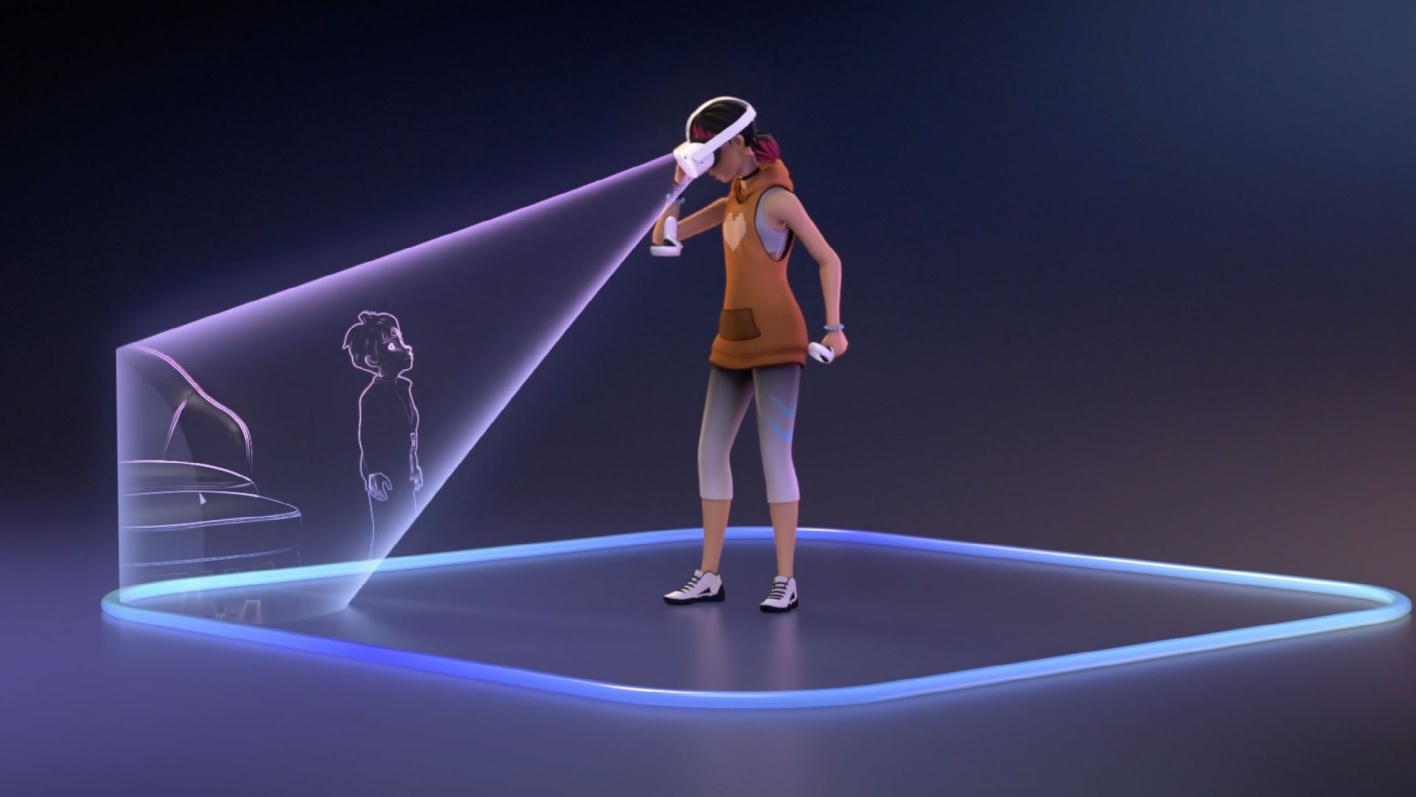
If you're getting close to the danger zone, the Quest 2 will alert you by fading out the virtual world and showing you your mapped-out boundary.
According to Mixed, things will be a little different on the Vision Pro. It doesn't matter how large your play space is, if you move just one meter away (3.2 feet) from your initial starting point, the headset will automatically make all displayed content transparent. "The system can also interrupt the VR experience if people get too close to a physical object or move too fast."
On one hand, I dig the strict safety measures. Plus, if you're engaging in low-movement games like I Expect You to Die 2 or Moss 2, games you can play while you're sitting down, this isn't a big deal. But for games that work best with a larger roomscale (e.g., Superhot), the constant reminder that you're stepping beyond the Vision Pro's reported three-feet restriction may be a bummer.
"Immersion is king when it comes to gaming in VR," TechRadar said about the rumored one-meter boundary limit. "You don’t want to be pulled out of the experience."
Bottom line
I'm sure Apple is well aware of the Vision Pro's limitations as a hardcore gaming device, particularly with that pesky battery pack that's tethered from the headset and hangs out in the user's pocket. It's clear that, instead, the Cupertino-based tech giant is marketing the Vision Pro as an immersive productivity and entertainment device that far exceeds the Meta Quest Pro in its capabilities.
If you're expect the Vision Pro to be the next-big-thing in the VR gaming space, you'll be sorely disappointed. However, if you temper your expectations and perceive the Vision Pro as boundary-breaking extension of your MacBook, you'll likely be astonished by what it has to offer.
Also, as I mentioned at the outset, VR gaming adoption has been unexpectedly slow, and I never understood why. (I mean, come on, who wouldn't want to play immersive, 360-degree games?) I personally don't mind being in my own little world and playing VR games in a solipsistic manner. In fact, I prefer it. But like I mentioned at the outset, people are gushing about Virsona's social-gaming concept, so perhaps people are just growing tired of the enclosed, isolating experiences that AR/VR delivers. Still, I hope Apple can reignite the masses' interest in VR gaming; it may not do this with the first-gen Vision Pro, but it may happen with its successors.
Kimberly Gedeon, holding a Master's degree in International Journalism, launched her career as a journalist for MadameNoire's business beat in 2013. She loved translating stuffy stories about the economy, personal finance and investing into digestible, easy-to-understand, entertaining stories for young women of color. During her time on the business beat, she discovered her passion for tech as she dove into articles about tech entrepreneurship, the Consumer Electronics Show (CES) and the latest tablets. After eight years of freelancing, dabbling in a myriad of beats, she's finally found a home at Laptop Mag that accepts her as the crypto-addicted, virtual reality-loving, investing-focused, tech-fascinated nerd she is. Woot!

